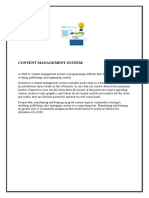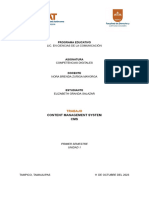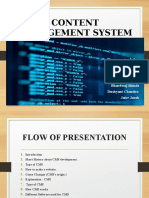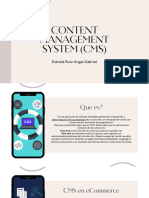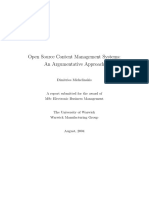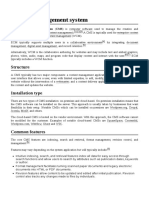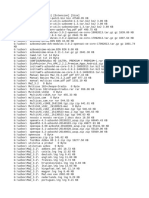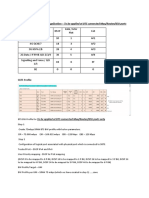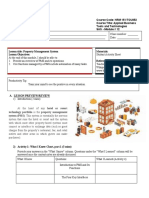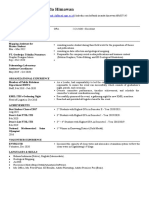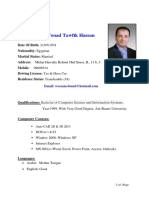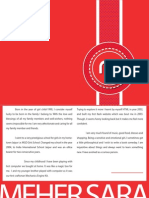Content Management System (CMS) platforms
are software applications that facilitate the creation, management, and modification of digital content on websites. They typically
provide tools and interfaces for users to publish, edit, organize, and delete content without requiring advanced technical
knowledge.
1. WordPress:
Description: WordPress is the most popular open-source CMS platform globally, powering millions of
websites. It offers a user-friendly interface, extensive plugin ecosystem, and customizable themes, making it
suitable for blogs, business websites, e-commerce stores, and more.
Key Features: Easy-to-use dashboard, themes and plugins for customization, content management tools, SEO
optimization, and user management.
Examples: TechCrunch, The New Yorker, BBC America.
2. Joomla:
Description: Joomla is an open-source CMS known for its flexibility and extensibility. It offers a robust
framework for building websites, intranets, and online applications. Joomla is suitable for small to large-scale
websites requiring advanced content management features.
Key Features: Customizable templates, powerful user management, multilingual support, content versioning,
and built-in SEO features.
Examples: Harvard University, Linux.com, Guggenheim Museum.
3. Drupal:
Description: Drupal is a powerful open-source CMS platform used for building highly customizable and
scalable websites and web applications. It is known for its flexibility, security, and developer-friendly
architecture. Drupal is suitable for complex websites, online communities, and e-commerce platforms.
Key Features: Flexible content types and views, advanced user permissions, robust taxonomy system,
multilingual support, and extensive API for integration.
Examples: The Economist, NASA, Tesla.
4. Wix:
Description: Wix is a popular cloud-based website builder that offers a drag-and-drop interface for creating
websites without coding. It provides a range of customizable templates, design tools, and built-in features for e-
commerce, blogging, and online marketing.
Key Features: Drag-and-drop website builder, customizable templates, built-in SEO tools, e-commerce
functionality, and hosting services.
Examples: Portfolio website, small business websites, online stores.
5. Squarespace:
Description: Squarespace is another popular cloud-based website builder known for its elegant templates and
intuitive design tools. It offers a comprehensive set of features for building professional websites, blogs, and
online stores.
Key Features: Designer templates, customizable layouts, integrated blogging tools, e-commerce functionality,
and built-in analytics.
Examples: Photography portfolios, restaurant websites, boutique e-commerce stores.
These CMS platforms cater to various user needs and skill levels, providing solutions for individuals, businesses, organizations,
and developers to create and manage websites effectively.
